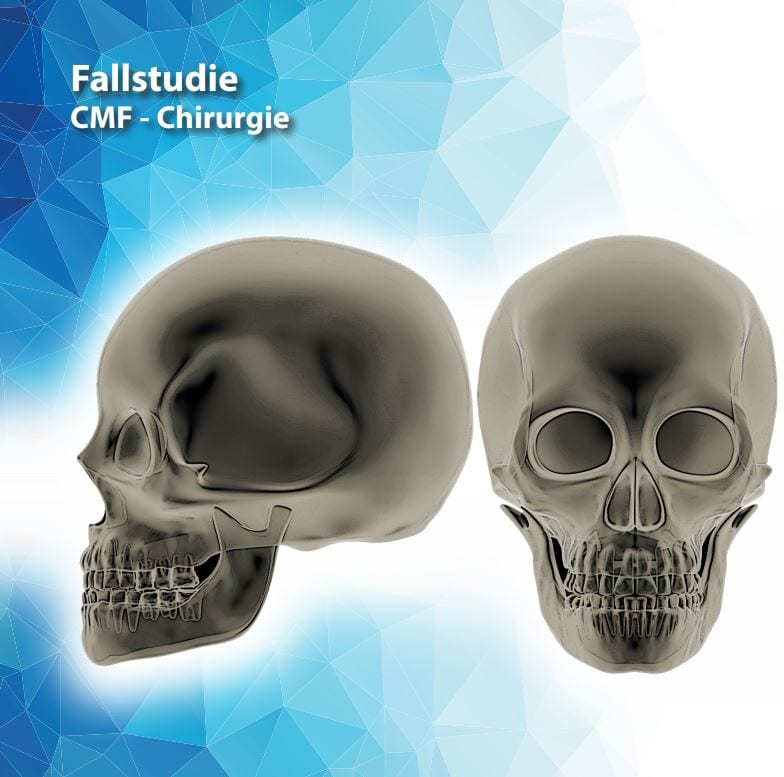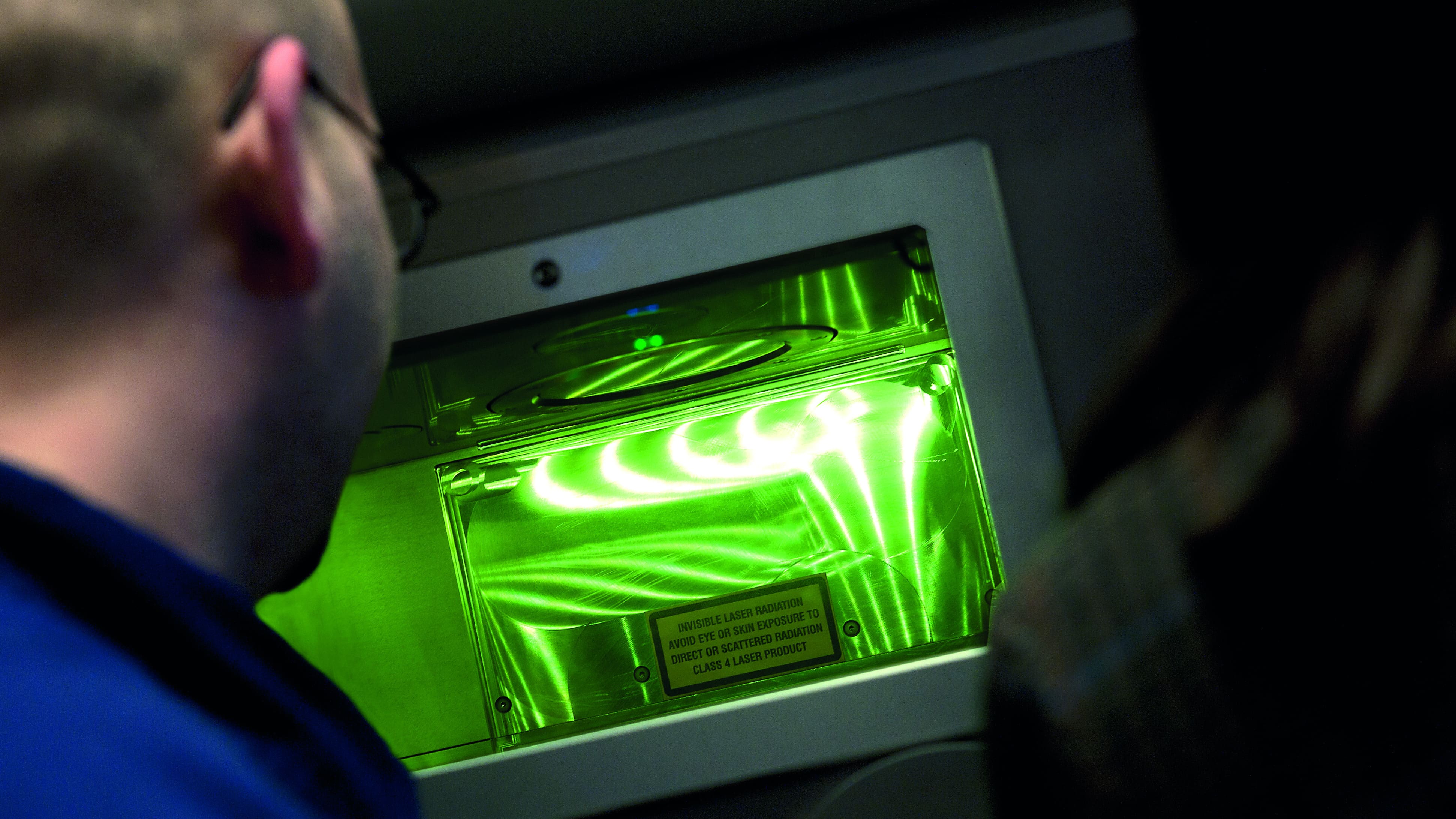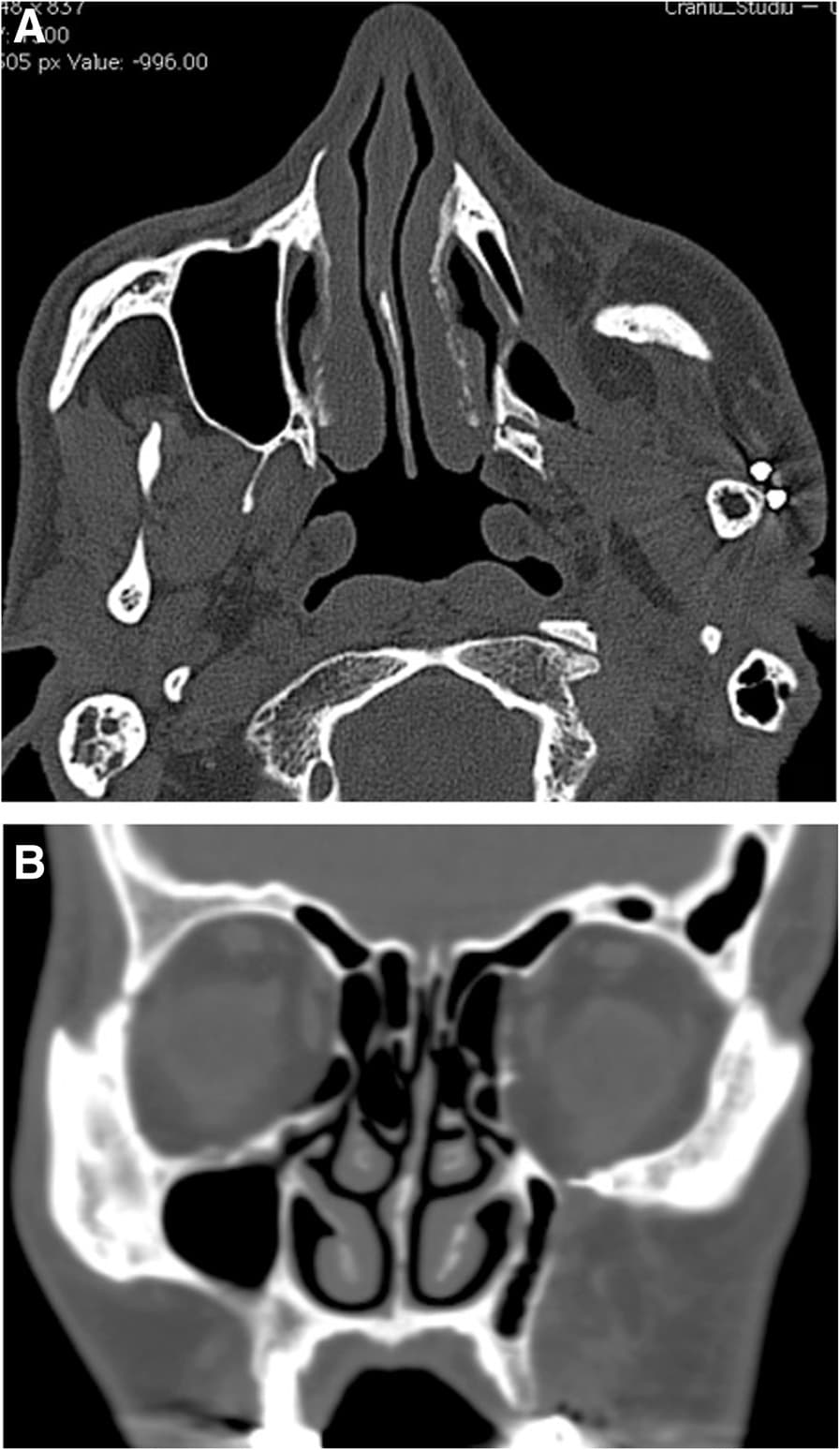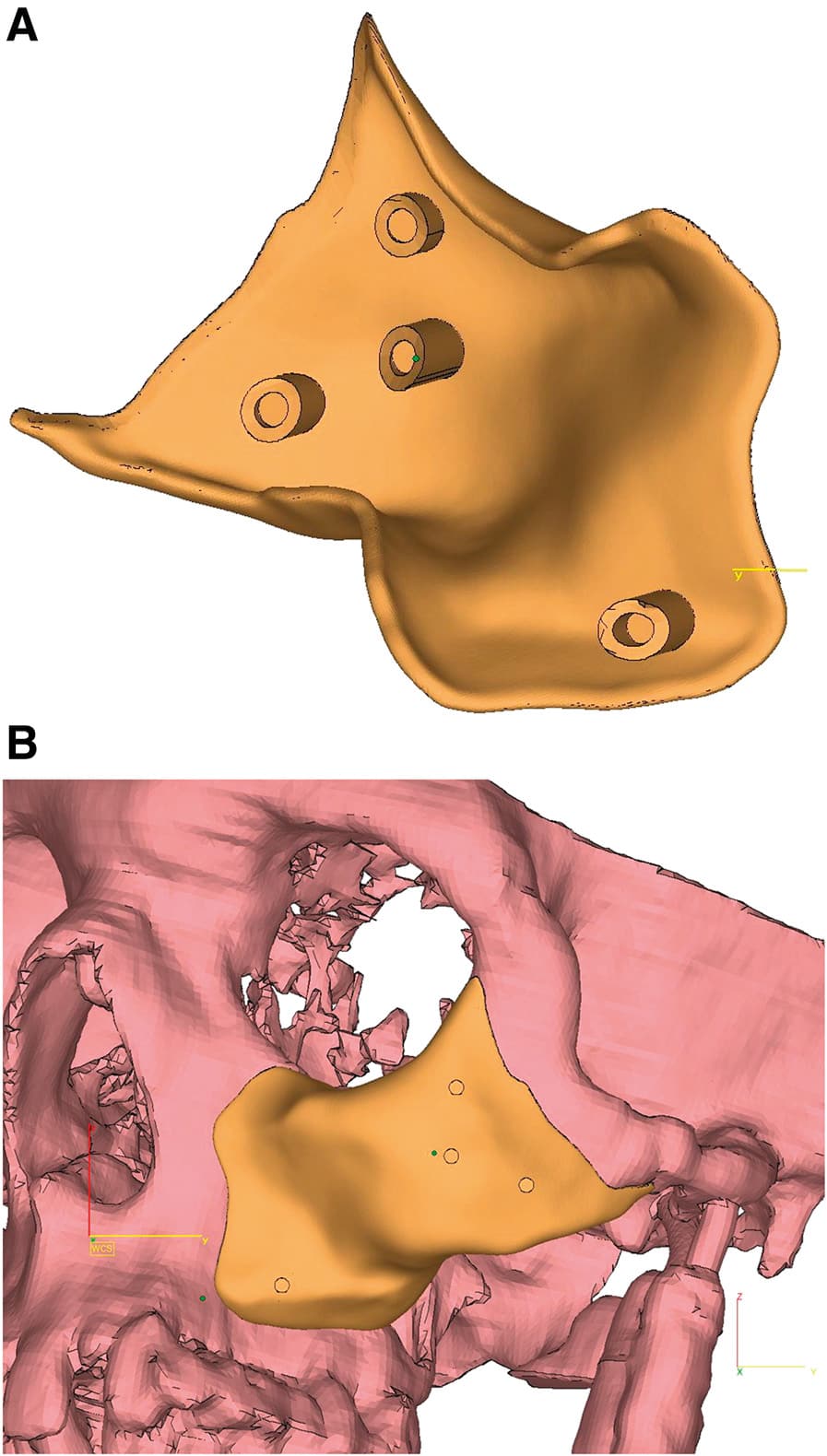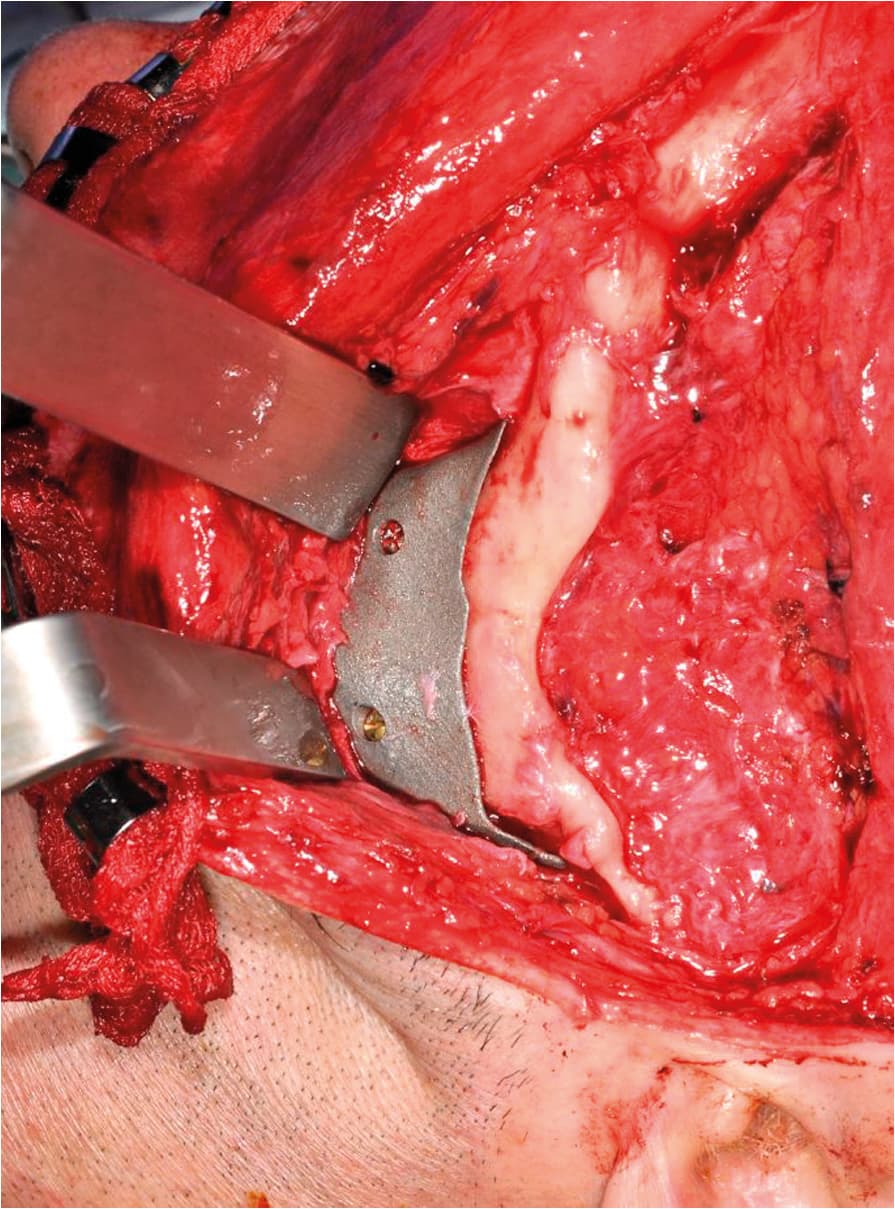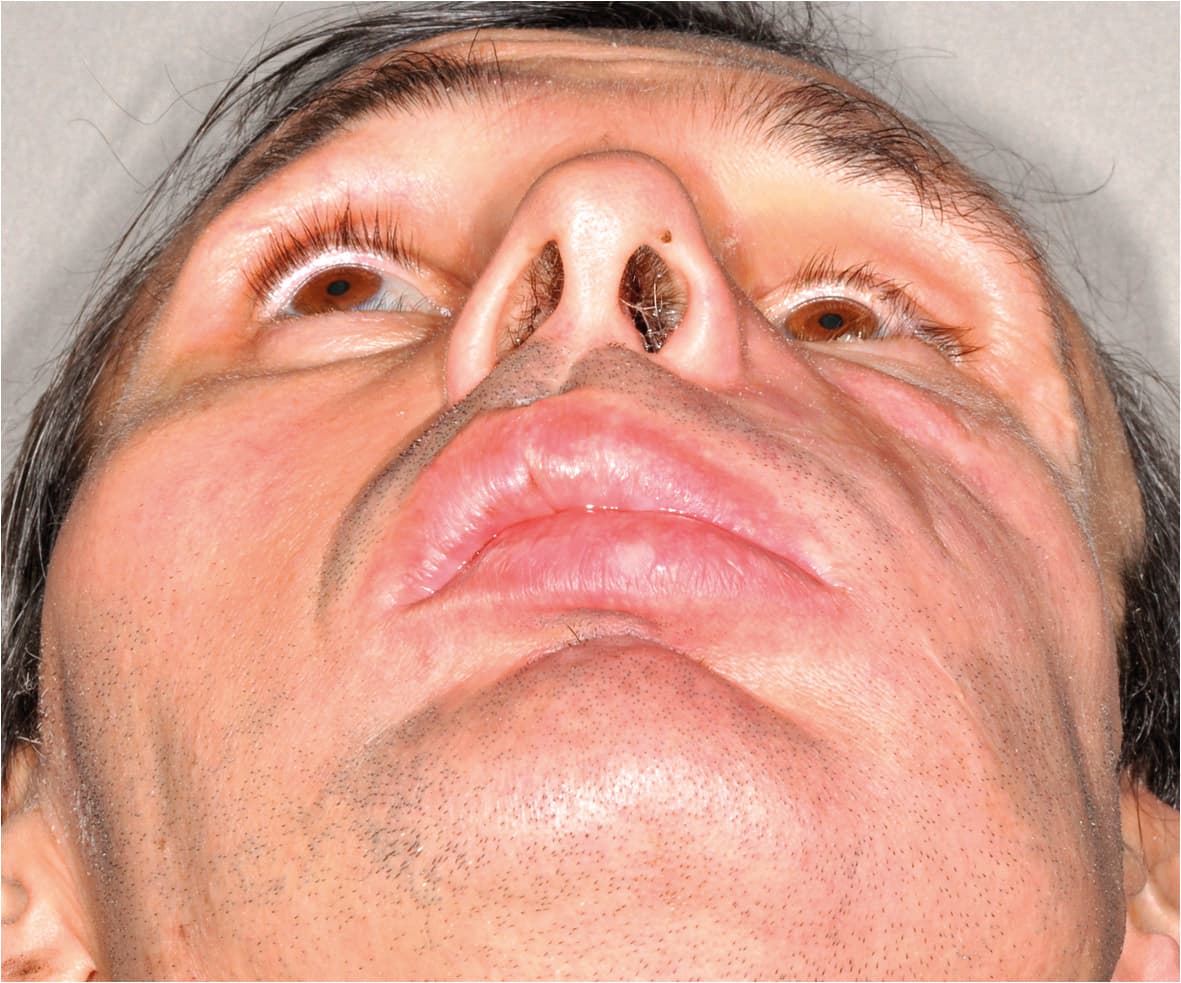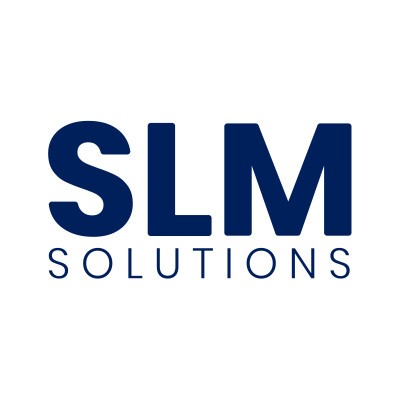CMF Surgery Case Study
CMF Surgery - A new technique for the reconstruction of extensive zygomatic complex defects. Selective laser melted titanium implants by SLM Solutions
This Excerpt* of the Case Study "CMF Surgery" was created in cooperation with FHNW, the School of Life Sciences, MIMEDIS AG, a Swiss Medical Device Company located in Basel and UMF Cluj, the University of Medicine and Pharmacy „Iuliu Hatieganu“ which is one of the largest universities in Romania.
Abstract
The restoration of extensive zygomatic complex defects is a surgical challenge owing to the difficulty of accurately restoring the normal anatomy, symmetry, proper facial projection and facial width. In the present study, an extensive post-traumatic zygomatic bone defect was reconstructed using a custom-made implant that was made with a selective laser melting (SLM) technique. The computerdesigned implant had the proper geometry and fit perfectly into the defect without requiring any intraoperative adjustments. A one-year follow-up revealed a stable outcome with no complications.
Background
Craniofacial trauma, tumor resection and congenital deformities can result in zygomatic bone deficiencies. The reconstruction of the zygomatic bone is essential for the restoration of function and esthetics. The reduction of psychosocial morbidity is also an important issue. Accurate restoration of the normal anatomy, symmetry, proper facial projection and facial width are the key points in orbitozygomatic reconstruction.
Different surgical approaches had been described for the reconstruction of the zygomatic complex. These approaches include osteotomy, autologous bone graft, free tissue transfer and the use of different alloplastic implants. Autologous bone grafts are still considered the gold standard for the reconstruction of these defects. However, donor site morbidity, limited bone availability, unpredictable resorption rates, and residual deformities remain important challenges. Different types of alloplastic implants, such as metals, silicone, polymers, and hydroxyapatite-based products, have been used to replace autologous bone grafts. However, the ideal alloplastic material has not yet been identified.
Although stock-made implants are commercially available in different sizes, these implants are of limited value for repairing acquired and unusual bony defects. Such implants fail to accurately fit the defects and hence result in outcomes that are associated with high revision rates. In contrast, custom-made patient-specific implants that are produced using computer-aided design and manufacturing (CAD/CAM) overcome these drawbacks. Patient-specific implants shorten the operative time, reduce the need for intraoperative implant adjustments and improve the clinical outcomes.
In this article, we present a case of post-traumatic zygomatic deficiency that has been successfully treated using a custom-made implant that was made with a selective laser melting (SLM) technique. After one year of follow-up, the implant exhibited good integration with no signs of infection or exposure. To the best of our knowledge, this case report is the first to describe a zygomatic reconstruction utilizing a custom-made implant that was created with the SLM technique.
Case Presentation
A 43-year-old male patient presented to our department with a severe left midfacial post-traumatic deformity due to road traffic accident that occurred 6 years prior. Clinical examination of the left midface revealed the loss of the antero-posterior and medio-lateral (transverse) projections of the left zygomatic bone. A slight enophthalmos was also present. The soft tissues of the area were hypotrophic in response to the initial injury. The clinical findings were confirmed on computerized tomogram (CT) images in axial and coronal plane (Figure 1, 2).
The zygomatic-orbito-maxillary defect was reconstructed using a custom-made titanium implant for esthetic reasons. Fine-cut CT scanning of the region with 3-dimensional (3D) reconstruction was performed (Siemens Somatom Sensation, Erlangen, Germany). The CT data were imported into the MIMICS® software (Materialise, Leuven, Belgium), and a 3D virtual model of the implant was produced by “mirroring” the healthy side using Freeform Modeling Plus® (3D Systems, Sensable, Valencia, CA, USA) platform software. Because a fulldensity titanium SLM implant would have been too heavy for implantation, we decided to produce an implant in the form of a shell that was supported by the residual bone and fixation rods (Figure 3, 4).
The virtual model was then printed into the 3D implant by SLM using commercially pure titanium Grade 2 (SLM Solutions, Luebeck, Germany) and an SLM 250 machine (SLM Solutions). The physical model of the skull was printed in white acrylic resin using Multi-Jet-Printing (Objet Eden 250, Stratasys, Eden Prairie, MN,USA). The SLM implant was placed on the plastic model of the skull to verify proper matching and seating. No further mechanical processing was needed. Finally, the produced implant was post-processed by sand-blasting and drilling the screw holes and then cleaned and sterilized by autoclaving.
[...]
Conclusions
In conclusion, custom-made alloplastic implants are particularly useful for zygoma recontouring making considerable contributions to the improvement of the final cosmetic and functional results. SLM titanium implants might be a promising alternative approach to alloplastic craniomaxillofacial bone reconstruction due to their geometrical, biological, and mechanical properties.
About SLM Solutions
The Lübeck-based SLM Solutions Group AG is a leading provider of metalbased additive manufacturing technology. SLM Solutions focuses on the development, assembly and sale of machines and integrated system solutions in the field of selective laser melting (SLM).
SLM technology offers diverse options in the metal-based generative manufacturing of build parts, such as a new design and geometric freedom, lightweight construction through the reduction of build part weight, ignificant advantages in terms of production speed and the manufacturing of internal undercut build parts in low quantities. Our products are utilized globally by customers from the most varied sectors, particularly in the aerospace, automotive, tooling, energy and healthcare industries, as well as in research and education.
They particularly value the following advantages of our technology partnership:
- Highest productivity using patented multi-laser technology
- Highest material density and build part quality through our innovative gas stream management
- Completely closed powder management in an inert gas atmosphere
- Cutting-edge process monitoring using various quality control modules
- Multilingual open software architecture with customer adaptability
- Ultracompact modular design
- Long-term and confidential customer relationships
- A technological leader and pioneer in metal-based additive manufacturing with decades of market experience
Consent
Written informed consent was obtained from the patient for the publication of this report and any accompanying images.
*This is only an excerpt. Further information and more details can be found in the full case study: https://slm-solutions.com/sites/default/files/downloads/419en171019-01-001-cmf_web.pdf
